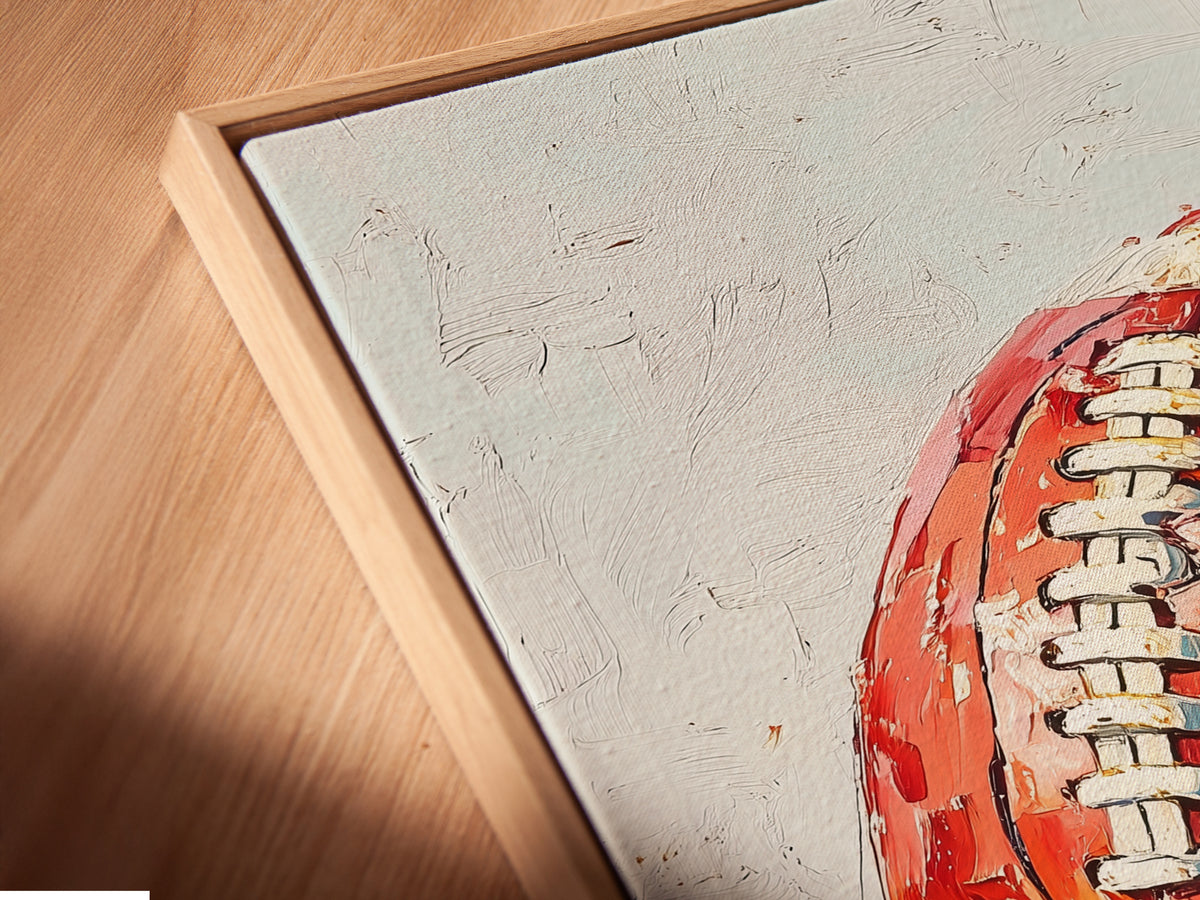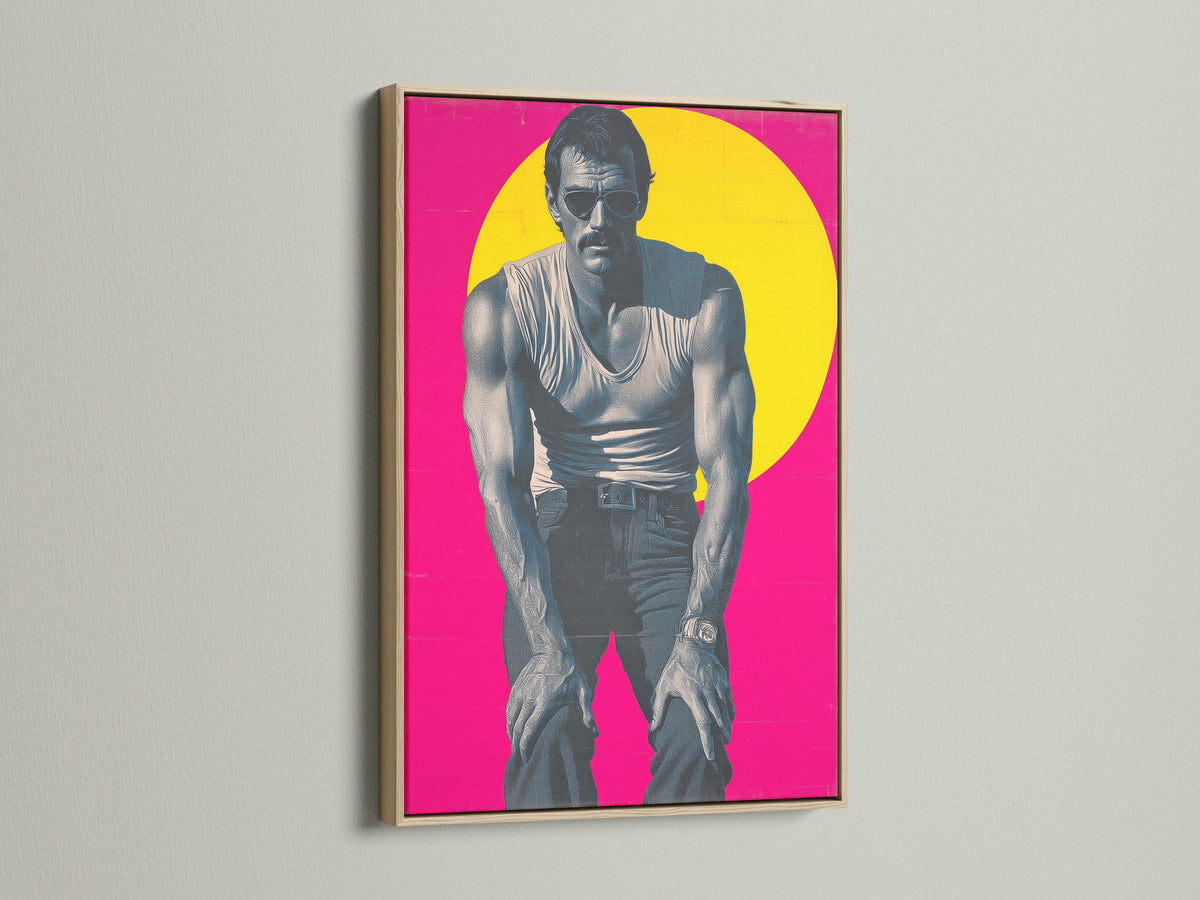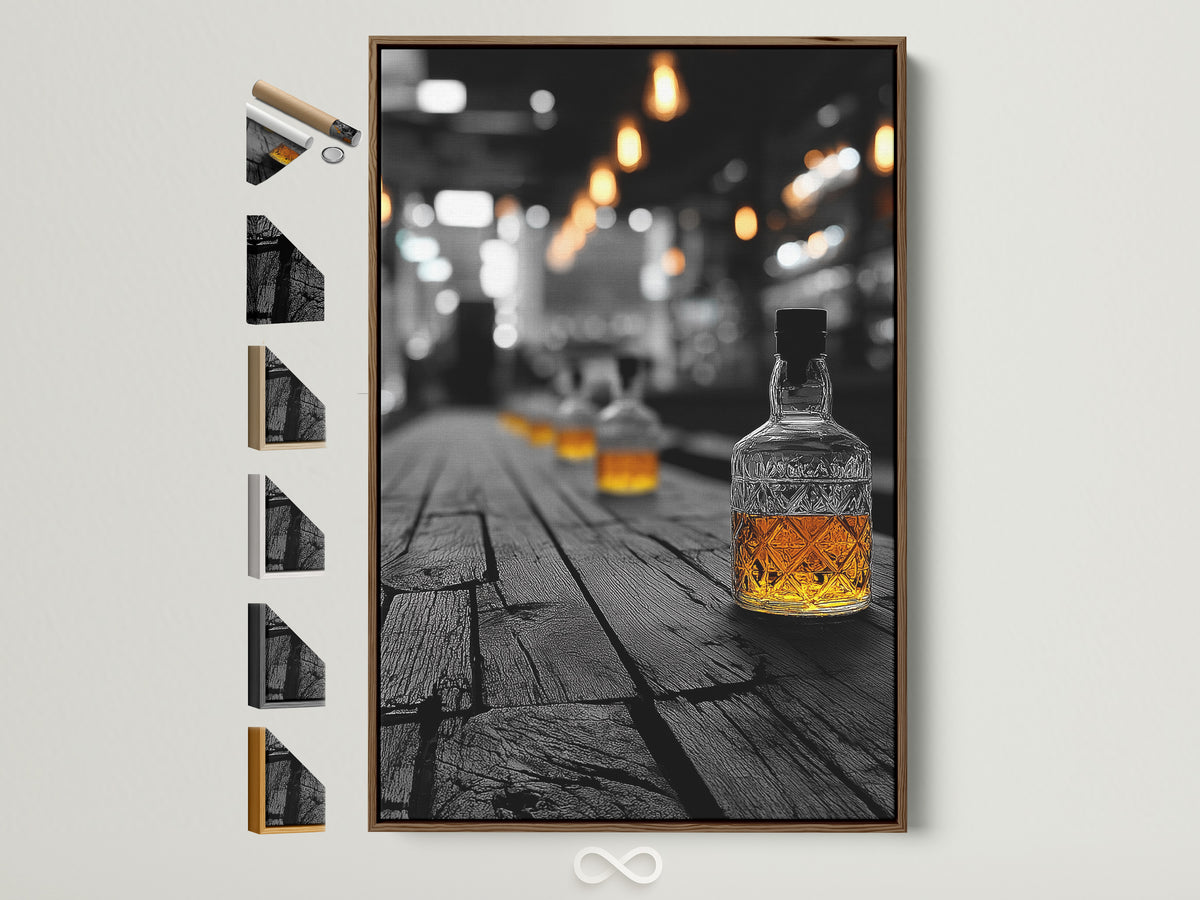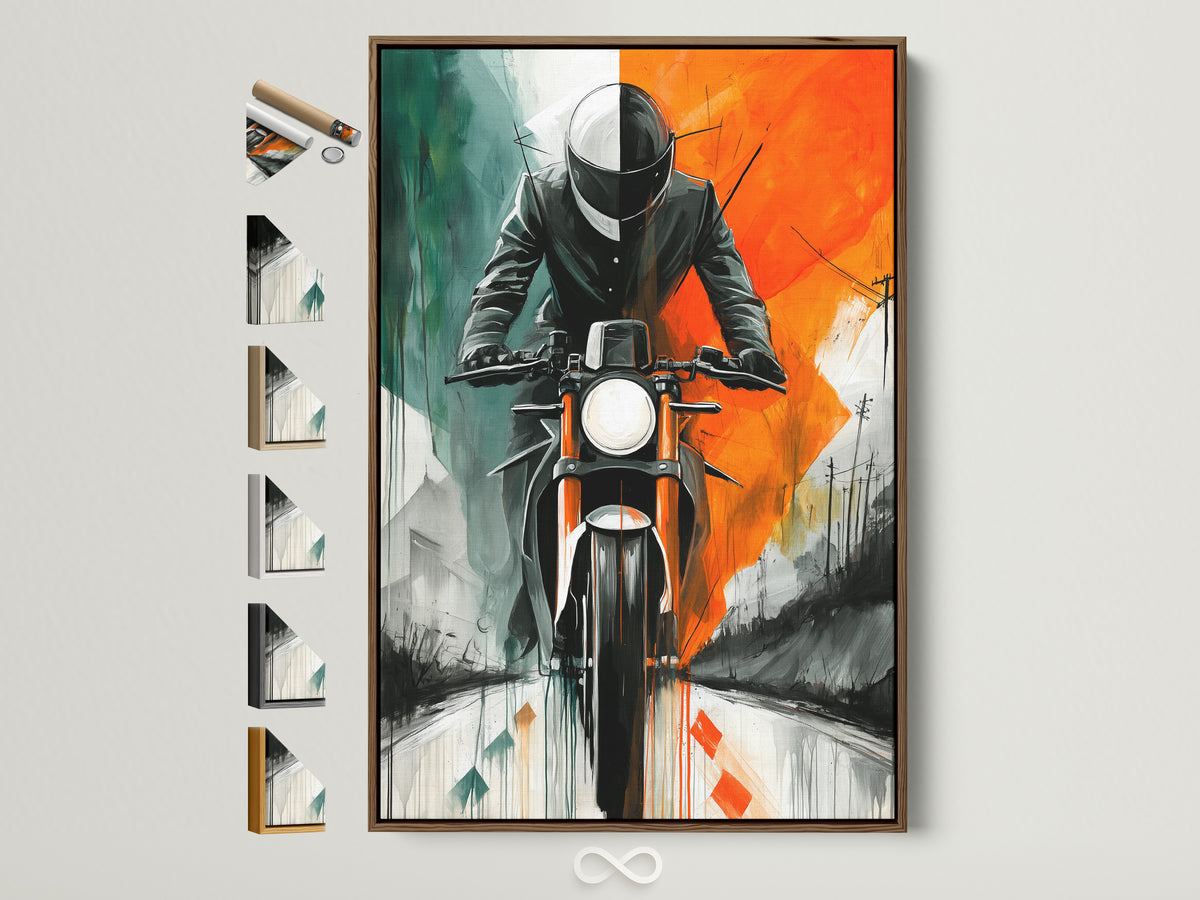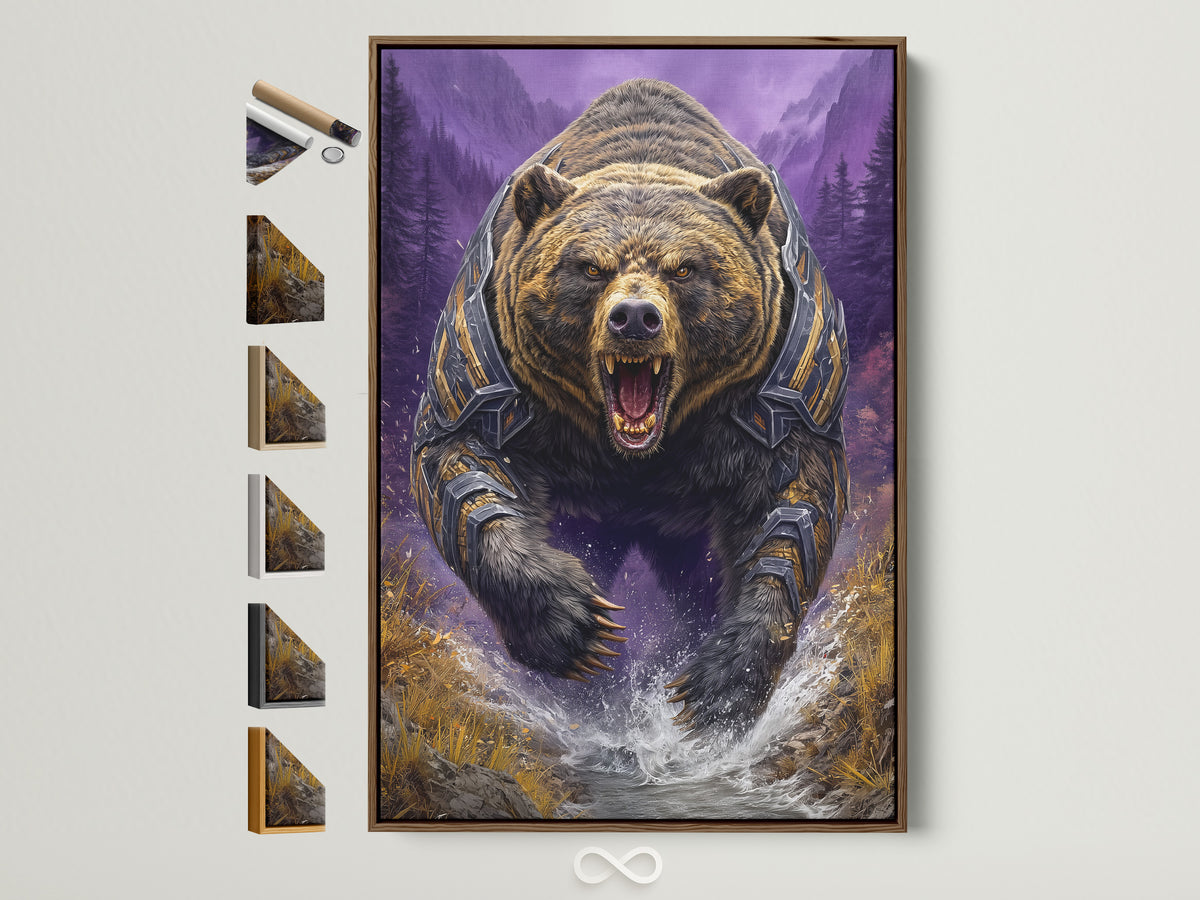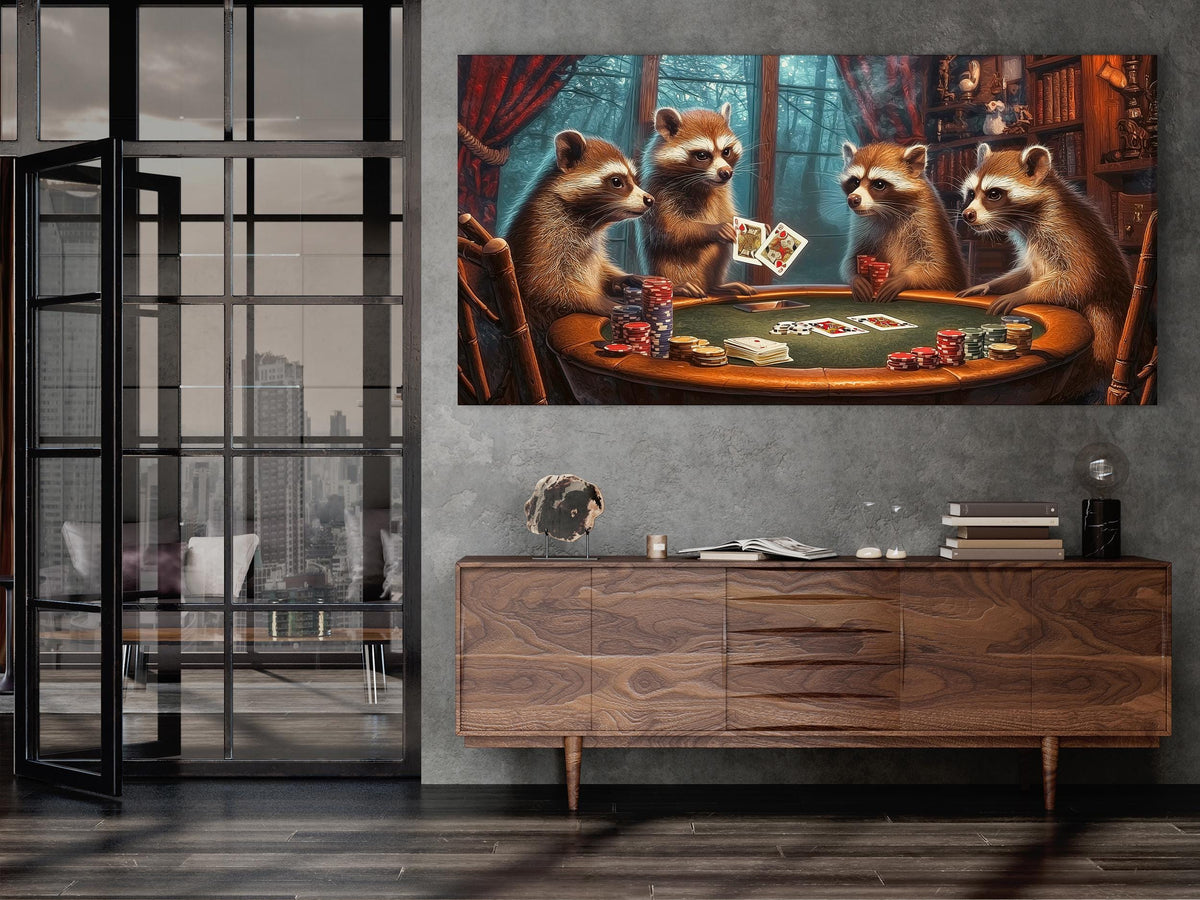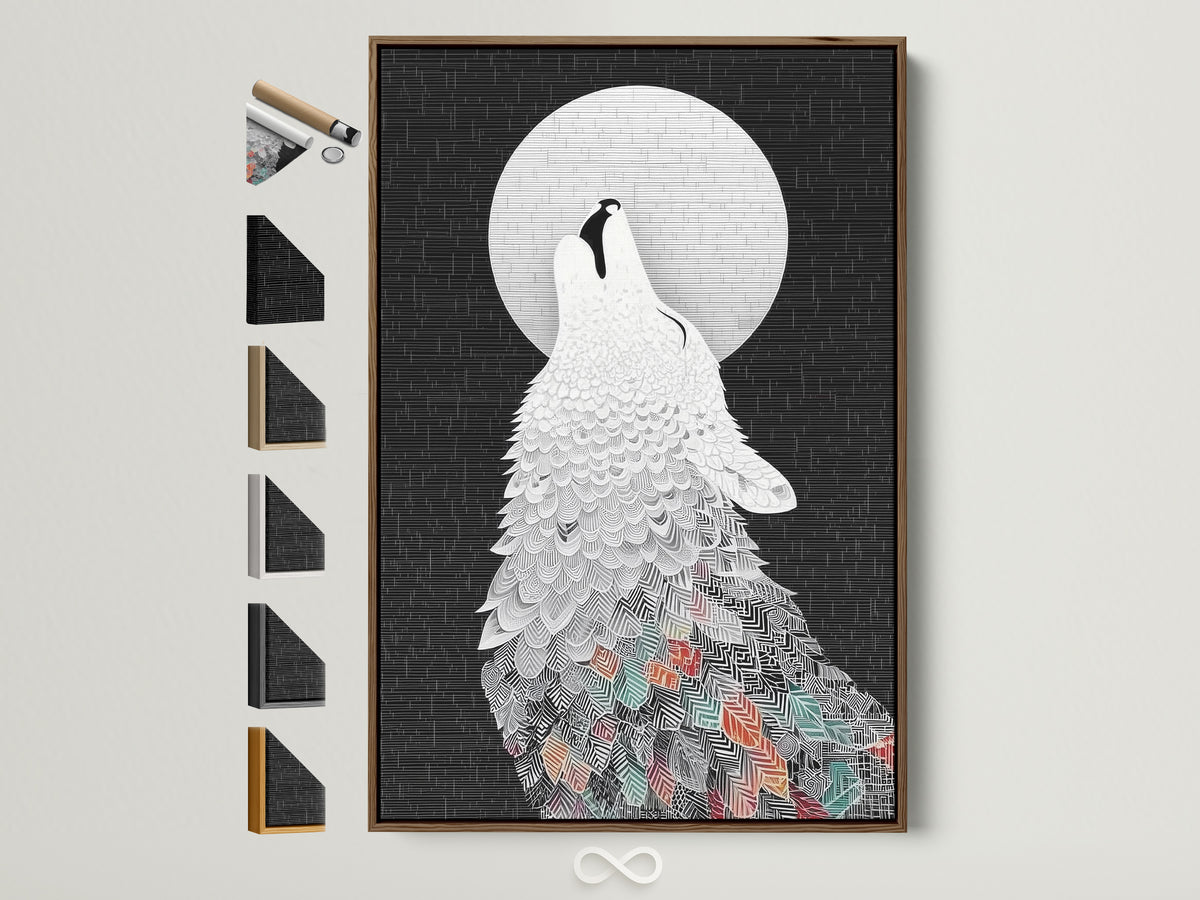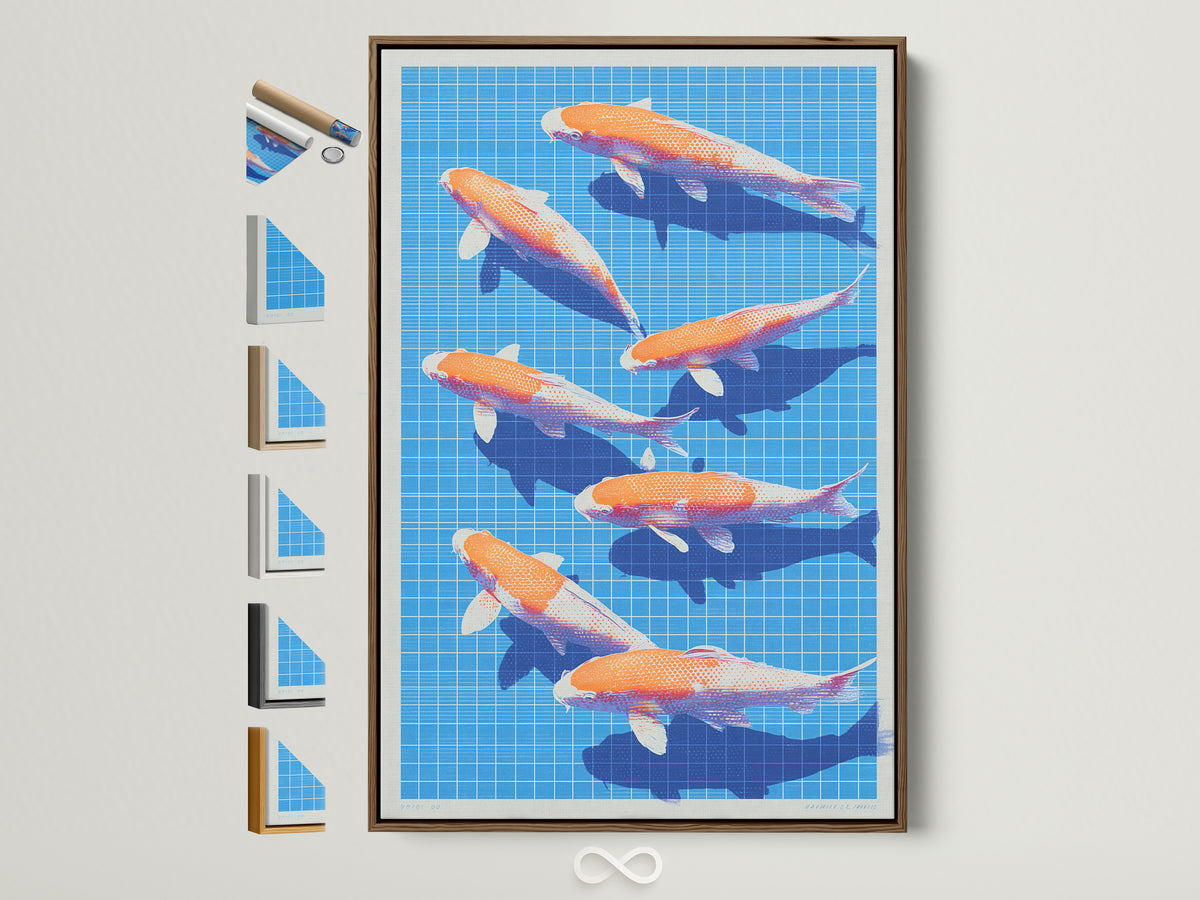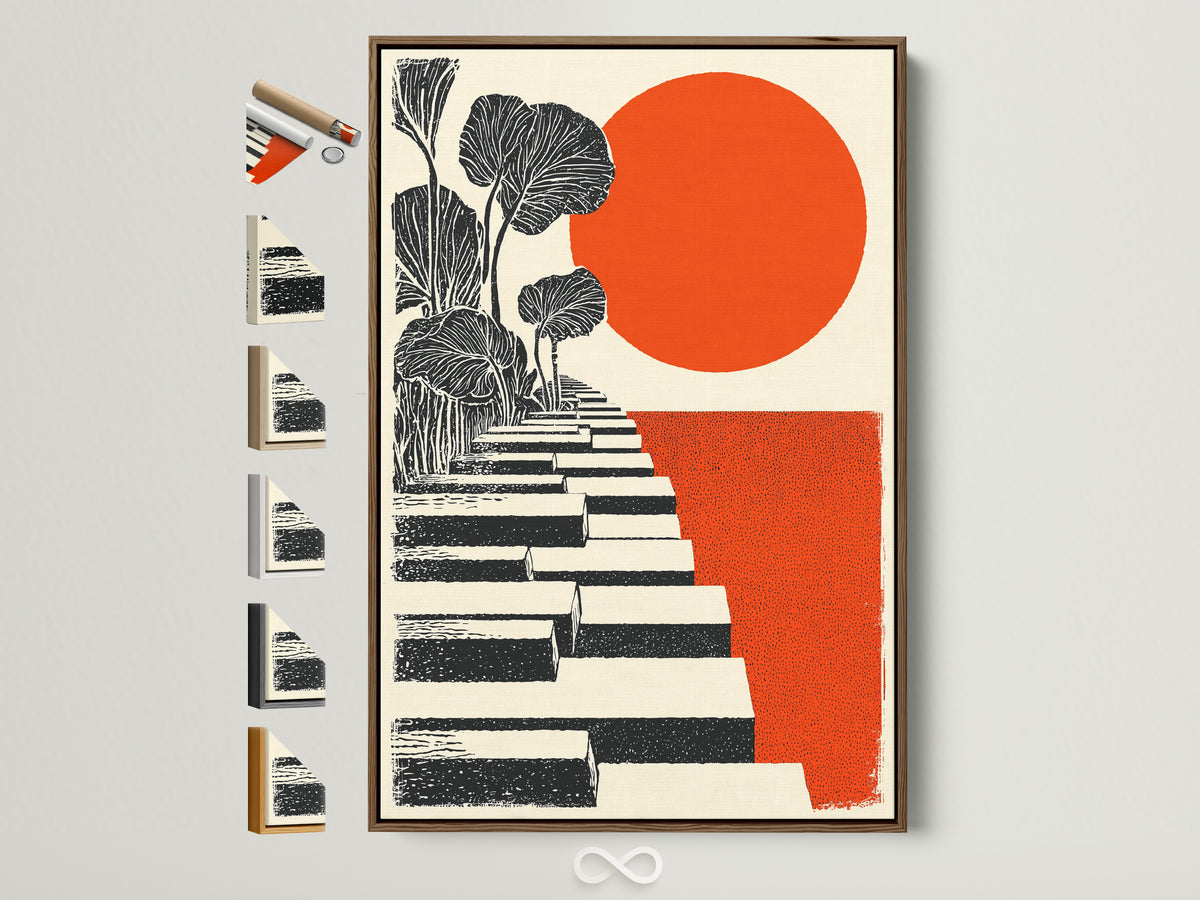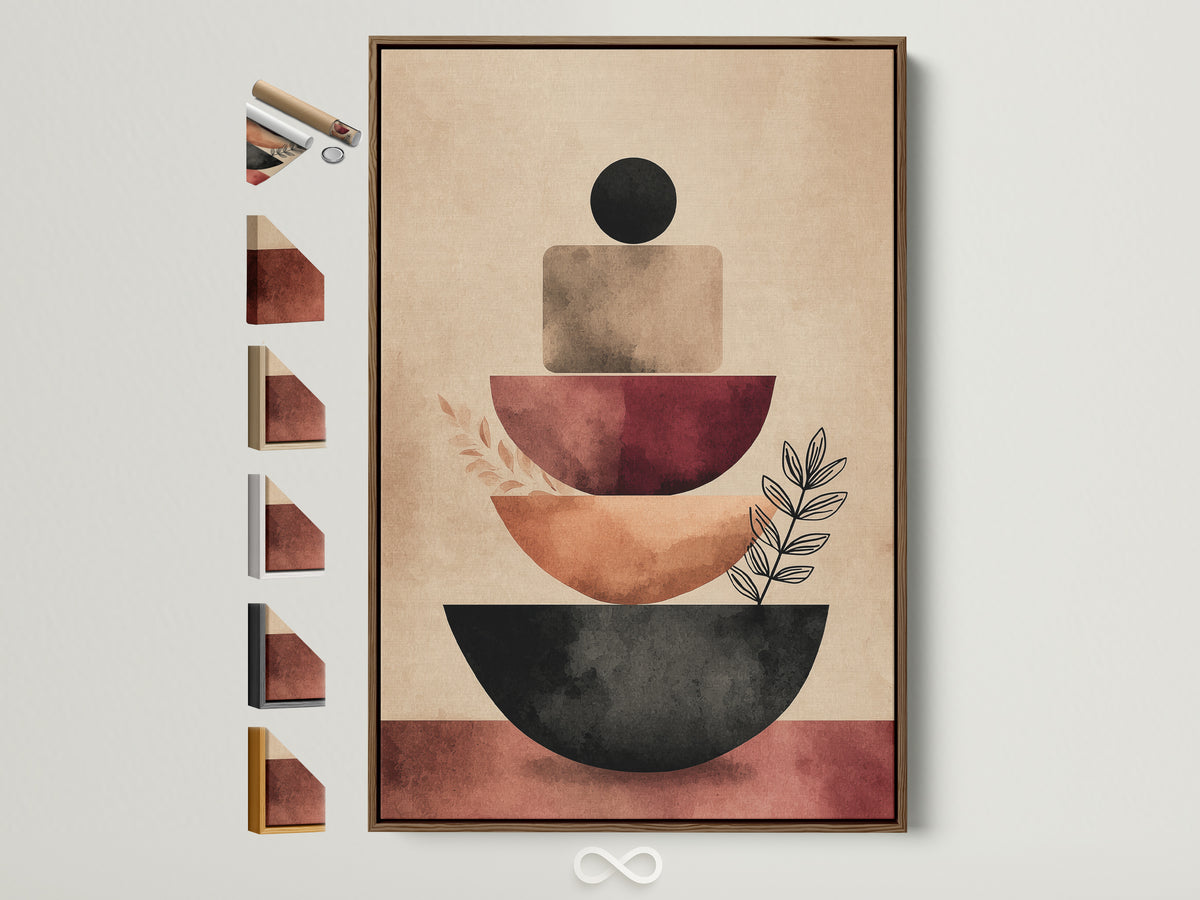Man Cave Wall Decor: The Friendly, Design‑Literate Playbook
Whether your space is a spare room, a garage bay, or a basement corner, the right wall choices transform it from “storage with a TV” into a place your friends actually want to linger. This guide covers the modern approach to man cave wall decor—how to plan scale and hang height, pick wall treatments, build a display that tells your story, light it like a designer, and tame echo without fuss.

Pick Your Vibe First
Everything gets easier once you name the mood. Here are five directions that steer materials, art, and lighting decisions:

Measure First: Scale, Sightlines, and Hanging Height
Before you buy a single frame, grab a tape measure. Two ideas rule: hang at eye level and get the size right.
- Eye‑level center. A reliable starting point is the 57‑inch rule: place the center of the artwork about 57" from the floor—then adjust for your ceilings and furniture. Over a sofa or bar, keep 6–12" of air between the frame and the surface. Learn the 57″ rule, and see expert variations (The Spruce; Southern Living). [oai_citation:47‡Apartment Therapy](https://www.apartmenttherapy.com/how-to-hang-artwork-properly-57-inches-from-the-floor-6174?utm_source=chatgpt.com)
- Right‑size the art. As a rule of thumb, the overall width of an art grouping should be ~⅔ the width of the furniture beneath. Keep frame spacing tight (about 2–3"). Why 57–62″ works and the ⅔ guideline; extra tips on spacing from Michael Helwig Interiors. [oai_citation:48‡Tribeca Printworks](https://www.tribecaprintworks.com/how-high-to-hang-pictures/?utm_source=chatgpt.com)
- Safe mounting counts. Heavy frames or signage? Use French cleats into studs; for masonry, sleeve anchors. For gallery walls, painter’s tape grids make layout easy.
Your Walls = Architectural Tools
The background drives mood—and can quietly improve acoustics.
- Paint. Deep charcoals and navies compress visual depth (great for theaters); chalkier finishes add texture without glare.
- Cladding. Thin brick slips, ribbed wood slats (with felt backing), or corrugated metal panels (sparingly) deliver instant character.
- Sound control. Foam tiles look “studio.” For a living space, try fabric‑wrapped acoustic panels or felt slats. Look for the NRC rating—a single number that averages how well a panel absorbs mid‑frequency sound (voices) across standard octave bands. Higher NRC = less echo. NRC explained. [oai_citation:49‡BioResources](https://bioresources.cnr.ncsu.edu/resources/comparison-of-the-sound-absorption-properties-of-acoustic-absorbers-made-from-used-copy-paper-and-corrugated-board/?utm_source=chatgpt.com)
Feeling bold? Paint the space, not just the wall: arcs, bands, or overscale letterforms can stretch a room visually—see our guide to Supergraphics at Home. [oai_citation:50‡Artoholica](https://artoholica.com/blogs/design/supergraphics-at-home-paint-the-space-not-just-the-wall)
Curate the Wall Decor: Art, Objects, and Memorabilia
Think like an editor. You want a few commanding moves, not visual noise.
- One big anchor vs. a tight grid. A single oversized canvas makes a room feel larger. Grids are great for vinyl sleeves, whiskey labels, or 8×10 sports prints.
- Gallery band. Align frame centers at the same height to create a long “band” that wraps the room.
- Jerseys & rare pieces. Use UV‑protective acrylic shadow boxes; add a slim plaque—team, season, a tiny story.
- Frame finishes. Black metal reads industrial; walnut warms mid‑century palettes—explore proportions and materials in our Mid‑Century Modern Playbook. [oai_citation:51‡Artoholica](https://artoholica.com/blogs/design/mid-century-modern-now-a-room-by-room-playbook-for-lighting-materials-flow)
Light It Like a Designer (No Overhead Orphans)
Great walls deserve great light. Designers don’t rely on a single overhead—they layer:
- Ambient for the overall glow (dimmed cans or a central fixture).
- Task for reading, mixing drinks, or racking cues (sconces, picture lights).
- Accent to graze brick, wash shelves, and put a subtle spotlight on your anchor piece.
That trio comes straight from professional lighting practice; when balanced, it creates hierarchy and comfort. See IES perspectives on ambient, accent, and task—and jump to our detailed internal guide to Layered Lighting at Home. IES on layered light. [oai_citation:52‡IES](https://www.ies.org/lda/momentous-and-momentary/?utm_source=chatgpt.com)
Neon & Signage, Without the Glare
- Use neon like punctuation: one hero sign, off‑axis from screens.
- Dim it (inline dimmer) and mount around eye level unless it’s stacked with shelving.
- Keep electrical components ventilated; avoid direct sightlines to harsh LED dots.
Shop the Look — High‑Impact Wall Art Picks
Room‑Type Playbook
Home Bar Wall
- Backdrop: Walnut shelves or ribbed wood with mirror panels to double light.
- Art move: One large retro spirits print + two small typography pieces in a tight column.
- Light: Brass picture lights over the main print; dim to warm (2700K).
- Hanging height: Start with the 57″ center; nudge upward if the backbar is tall (still keep a defined “band”). Quick refresher. [oai_citation:53‡The Spruce](https://www.thespruce.com/tips-for-perfectly-placed-art-1976086?utm_source=chatgpt.com)

Pool Table Wall
- Backdrop: Matte dark paint or brick slip; avoid glare.
- Art move: Oversized vintage rules poster or a triptych of action shots aligned as a gallery band.
- Light: High CRI over-table light, plus wall washers to stretch the space; keep fixtures out of sightlines.

Theater or Gaming Nook
- Backdrop: Darker front wall; add bias lighting (soft LED glow) behind the screen to reduce eye strain.
- Art move: A single large abstract canvas off to the side, plus a few shelves for collectibles.
- Sound: 4–6 fabric panels (NRC ~0.7–0.9) at first reflection points; a thick rug and curtains do the rest. What NRC measures. [oai_citation:54‡BioResources](https://bioresources.cnr.ncsu.edu/resources/comparison-of-the-sound-absorption-properties-of-acoustic-absorbers-made-from-used-copy-paper-and-corrugated-board/?utm_source=chatgpt.com)
- Light: Ambient + task + accent, just like pros do—start here and fine‑tune. IES perspective. [oai_citation:55‡IES](https://www.ies.org/lda/momentous-and-momentary/?utm_source=chatgpt.com)
Sports Den
- Backdrop: One confident color (stadium green, deep navy) to organize pennants and prints.
- Art move: Don’t over‑collage. Choose one hero print and a disciplined vertical column of smaller frames.
Hanging & Layout: Fast Formulas
- 57–60″ to the center is your universal starting point. Why it works. [oai_citation:56‡Apartment Therapy](https://www.apartmenttherapy.com/how-to-hang-artwork-properly-57-inches-from-the-floor-6174?utm_source=chatgpt.com)
- Leave 6–12″ above sofas/buffets; treat a gallery wall as one piece.
- Keep frames 2–3″ apart for cohesion; total width ≈ ⅔ of the furniture below. See examples & pro tips. [oai_citation:57‡Tribeca Printworks](https://www.tribecaprintworks.com/how-high-to-hang-pictures/?utm_source=chatgpt.com)
More Wall Art to Spark Ideas
Keep It Fresh
- Rotate in a seasonal print (sports schedules, band posters) without touching the anchors.
- Dust frames with a soft cloth; for canvas, avoid sprays—just a dry microfiber.
- Swap neon for a framed poster when you want a darker, theater‑like mode.
Still Love the Drama?
Moody, layered rooms aren’t just for castles—our guide to Gothic‑inspired spaces shows how to use deep color and glowing accents without losing comfort. [oai_citation:58‡Artoholica](https://artoholica.com/blogs/design/gothic-at-home-the-neo-gothic-dark-academia-playbook-for-modern-interiors)
Where to Browse Next
Looking for a single category that covers sports, hobbies, retro graphics and more? Explore our curated Sports & Hobbies Wall Art—a fast way to build a man cave gallery that actually hangs together.
FAQ
What colors work best for man cave walls?
Pick a palette that supports the vibe: graphite, navy, olive and walnut for industrial or speakeasy looks; warm neutrals for mid‑century; deep green with brass for bar corners. Darker tones compress glare and make art and screens pop.
How high should I hang wall art?
Start with the center of the piece at ~57″ from the floor, adjusting a bit for tall ceilings or for art over furniture (leave 6–12″ above sofas or bars). Treat a gallery wall as one “piece” and place its center similarly. More on the 57″ rule. [oai_citation:59‡Apartment Therapy](https://www.apartmenttherapy.com/how-to-hang-artwork-properly-57-inches-from-the-floor-6174?utm_source=chatgpt.com)
How do I light a man cave so it looks designed?
Use layers: ambient (the overall glow), task (reading, mixing), and accent (wash or spotlight your art). Put the whole room on dimmers. See a designer‑approved framework and an IES perspective on layered lighting. Learn more. [oai_citation:60‡IES](https://www.ies.org/lda/momentous-and-momentary/?utm_source=chatgpt.com)
How can I reduce echo without ugly foam panels?
Use fabric‑wrapped acoustic panels (look for higher NRC numbers), add a rug, and hang lined curtains. A handful of well‑placed panels—plus soft furnishings—usually tames the slap echo of hard basements. What NRC measures. [oai_citation:61‡BioResources](https://bioresources.cnr.ncsu.edu/resources/comparison-of-the-sound-absorption-properties-of-acoustic-absorbers-made-from-used-copy-paper-and-corrugated-board/?utm_source=chatgpt.com)
How big should the art be over my sofa or bar?
Aim for roughly two‑thirds the width of the furniture below and keep frames 2–3″ apart for cohesion. See examples. [oai_citation:62‡Tribeca Printworks](https://www.tribecaprintworks.com/how-high-to-hang-pictures/?utm_source=chatgpt.com)
Want more moody magic? Try Gothic at Home, then layer light the Scandinavian way with our Layered Lighting framework. [oai_citation:63‡Artoholica](https://artoholica.com/blogs/design/gothic-at-home-the-neo-gothic-dark-academia-playbook-for-modern-interiors)

